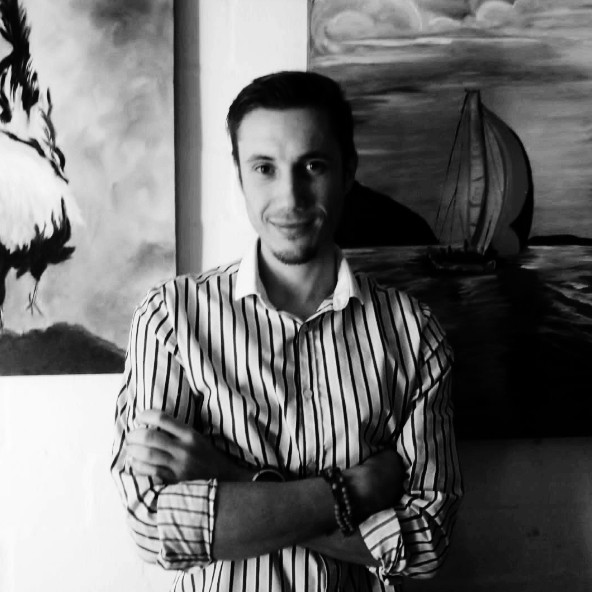You are cordially invited to a lecture entitled “Implementing body camera technology: lessons and practical considerations” by our guest researcher Jean-Pierre Roux, which will take place in the framework of Tuesday’s meetings. The lecture will take place on Wednesday, 4.9. at 11:00 in the library of the Institute of Criminology. The lecture will be held in English and will be followed by questions and discussion.
The presentation discusses select findings of a doctoral study which examined the ways in which public police (in England and Wales) and body-worn video (BWV) technology shape one another. By paying sufficient attention to the technical elements of BWV technology such as the device lens, recording functionality, mobile connectivity, and the footage management software, novel findings emerge around usage practices and the implications of technological advancement. The findings are presented as fundamental considerations for police organisations when implementing BWV technology. Given that the presentation is framed pragmatically, the lessons do serve to temper any expectations that technology can ‘solve’ the challenges which public police have historically struggled to adequately address. Nonetheless, it does highlight potential scope for deriving benefits if the capabilities (and limitations) of the technology are properly understood and effective policies and accountability/transparency mechanisms surrounding their usage are established and maintained.
Jean-Pierre is a Southern criminologist currently completing a joint-PhD at the Universities of Glasgow and Edinburgh. Prior to commencing the PhD process, he worked in academia as a senior researcher on topics such as community safety and private security, in the private sector as a security risk analyst, and in animal protection as a wildlife crime investigator. The doctoral research examines various ways in which public police and body-worn video technology shape one another. Using body-worn video (BWV) technology and policing in the United Kingdom (England and Wales) as a case study, interviews and field observation were conducted with UK organisations involved in policing, BWV manufacturing, and third sector (NGO).




